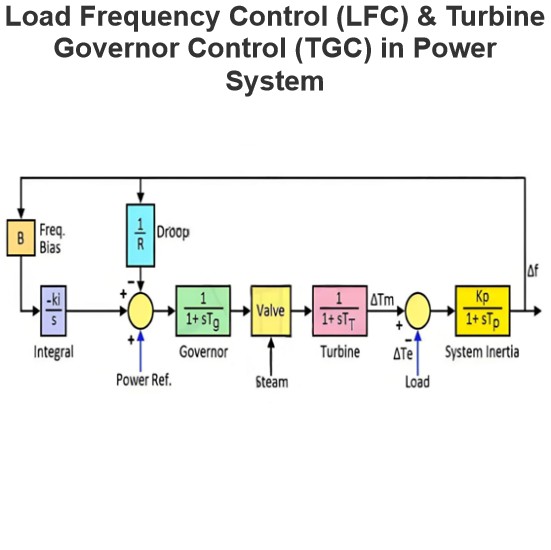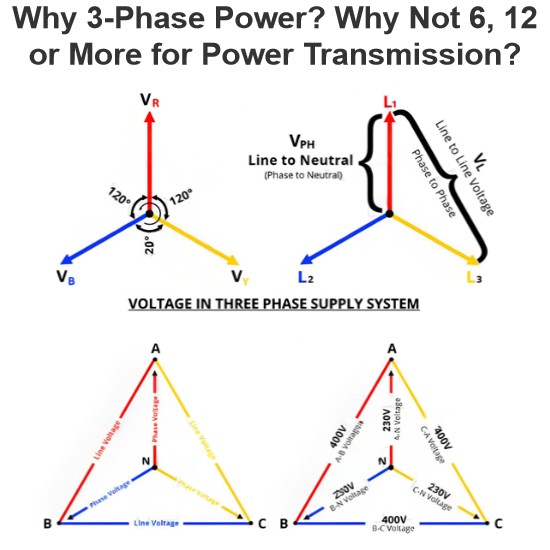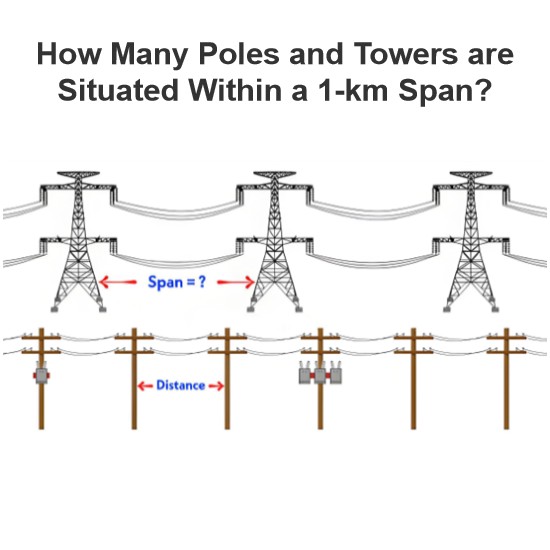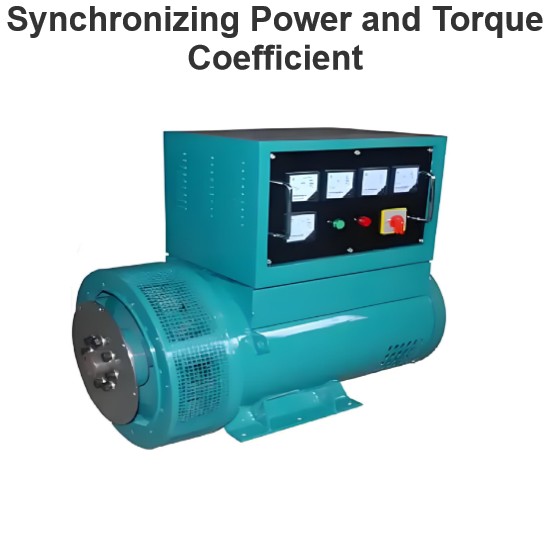How does lack of frequency stability affect a microgrid?
Insufficient frequency stability can have multifaceted impacts on microgrids, including but not limited to the following aspects:
1. Equipment Damage
Motors and Generators: Frequency fluctuations can cause instability in the speed of motors and generators. Running these devices at non-rated frequencies for extended periods can accelerate wear and even lead to equipment failure.
Electronic Devices: Many electronic devices are highly sensitive to frequency changes. Frequency instability can cause these devices to malfunction or be damaged.
2. Degradation of Power Quality
Voltage Fluctuations: Frequency instability often accompanies voltage fluctuations, which can degrade power quality, causing issues such as flickering lights and malfunctioning electronic devices.
Harmonic Pollution: Frequency instability can also increase harmonic pollution, further degrading power quality.
3. Decreased System Stability
Synchronization Issues: Distributed generation units in microgrids (such as solar inverters and wind turbines) rely on stable frequency to maintain synchronization. Frequency instability can prevent these units from synchronizing correctly, affecting the overall stability of the system.
False Tripping of Protective Devices: Frequency fluctuations can cause protective devices, such as relays, to trip falsely, leading to unnecessary power outages.
4. Increased Economic Costs
Maintenance and Repair Costs: Equipment damage and frequent repairs can increase maintenance and repair costs.
Energy Waste: Frequency instability can reduce system efficiency, leading to increased energy waste.
Customer Complaints: Deterioration in power quality can result in more customer complaints, impacting the reputation and customer satisfaction of microgrid operators.
5. Increased Safety Risks
Personal Safety: Frequency instability can lead to equipment failures, increasing personal safety risks.
Equipment Safety: Operating equipment at non-normal frequencies can result in overheating, short circuits, and other accidents, increasing equipment safety risks.
6. Increased Control Difficulty
Failure of Control Strategies: Frequency instability can render the control strategies of microgrids ineffective, making it difficult to maintain stable system operation.
Difficult Data Collection and Monitoring: Frequency fluctuations can affect the accuracy of data collection and monitoring systems, making fault diagnosis and system management more challenging.
7. Environmental Impact
Increased Emissions: Frequency instability can cause backup generators and emergency power sources to start frequently, increasing fuel consumption and pollutant emissions.
Resource Waste: Energy waste and equipment damage can increase resource consumption, negatively impacting the environment.
Summary
Insufficient frequency stability has multifaceted impacts on microgrids, affecting the normal operation of equipment and power quality, increasing economic costs and safety risks, and reducing the overall performance and reliability of the system. Therefore, ensuring frequency stability in microgrids is crucial. Effective frequency control and management measures can mitigate these adverse effects and ensure the stable operation of microgrids.
The Electricity Encyclopedia is dedicated to accelerating the dissemination and application of electricity knowledge and adding impetus to the development and innovation of the electricity industry.













